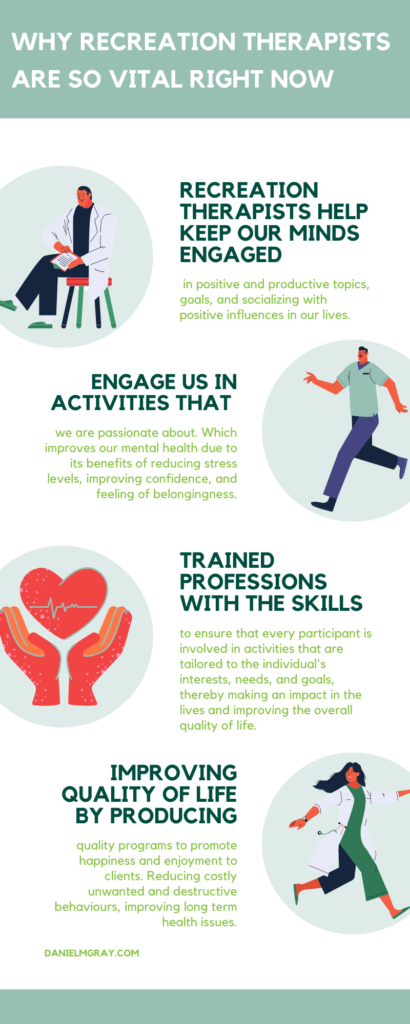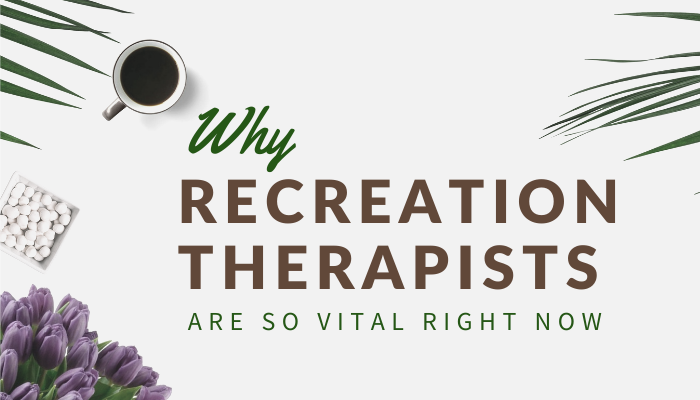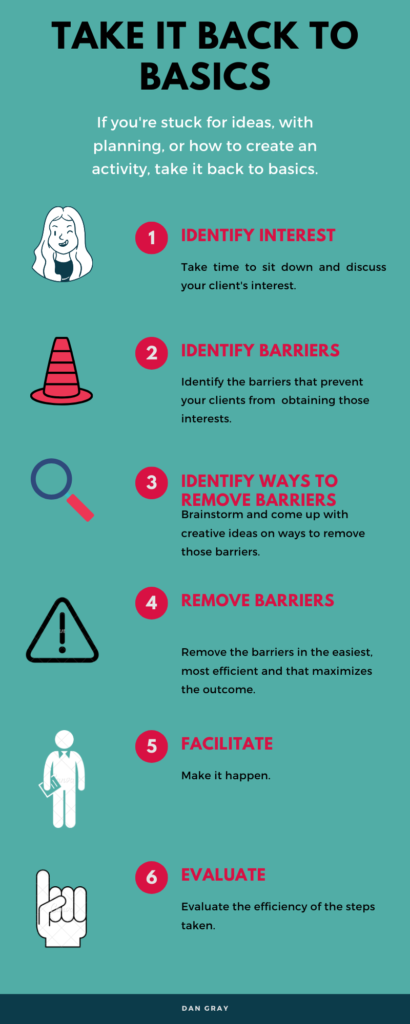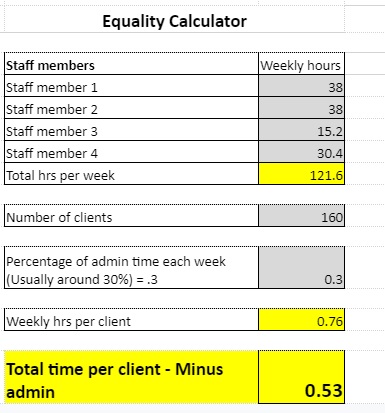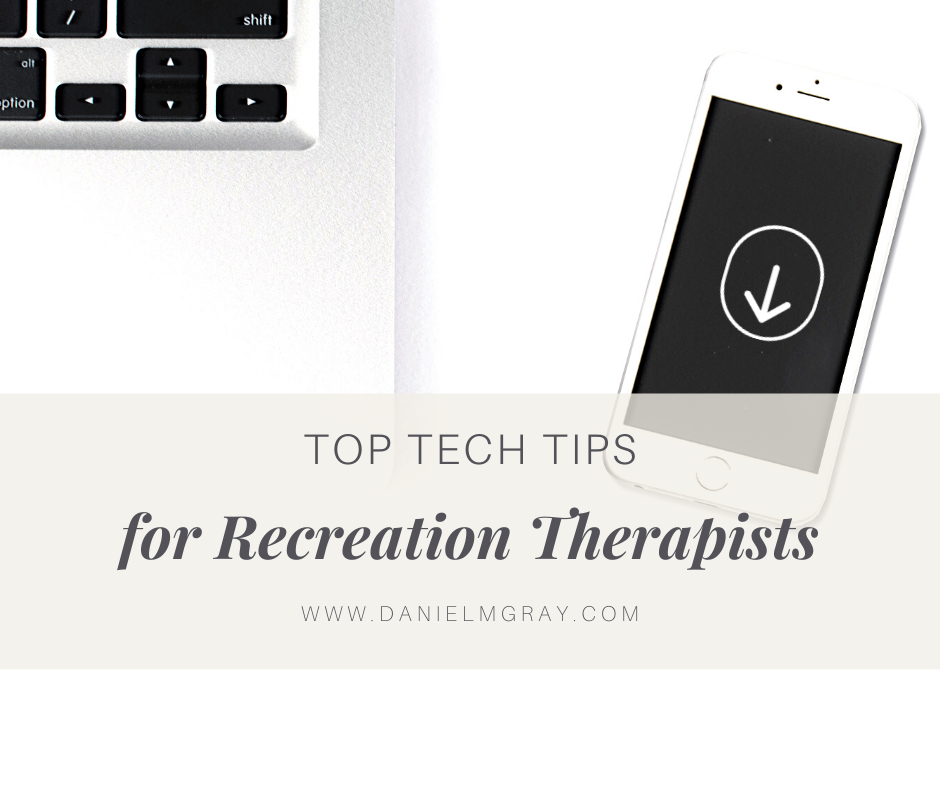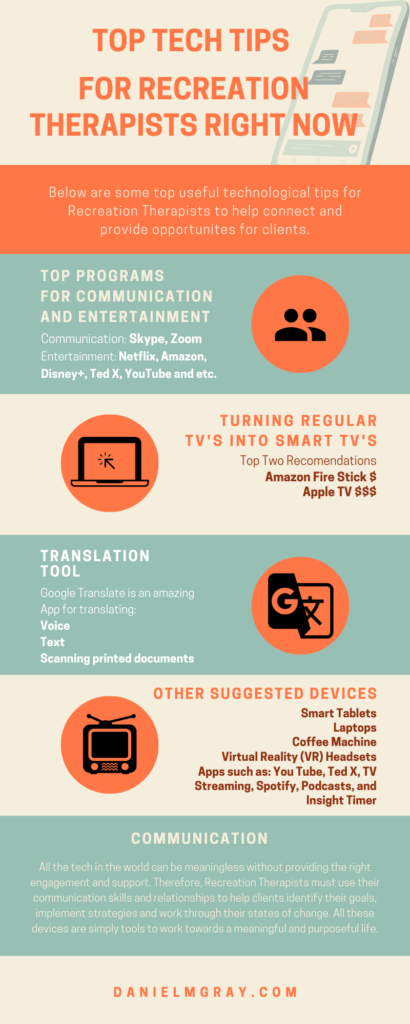It’s safe to say, CoVID-19 has had an effect on the whole world, especially those already vulnerable or at risk. So many people are already at risk of isolation, mental health issues and lack the ability to engage in daily activities that we take for granted. For many years Recreation Therapists, Diversional Therapists and Lifestyle Staff have worked tirelessly to create programs and plans that facilitate meaningful outcomes for these clients. Yet now the whole world is entering a new level of isolation, those at risk need their help more than ever.
We are already finding those at risk of homeless, the elderly, those with a disability and people with mental health issues are finding the addition of these new restrictions extremely difficult. The organizations that support and work with them are also dealing with these issues daily. And we are only at the beginning of this new phase.
Of course, the isolation imposed by governments is there to protect these clients and the community from contracting a virus that could potentially be harmful and even fatal for them.
It’s now up to recreation workers across the world to start sharing their gifts and making a more significant impact with more people to help counteract the effects of this isolation.
Humanity is a social species; the effects of isolation can significantly alter the lives of individuals and communities. A lack of the outdoors, social engagement and a loss of freedom can produce stress, anxiety and depression and a range of short and long term mental health issues. This can also put people at a higher risk of heart disease, dementia, increased cholesterol levels, and diabetes.
Isolation can also be the cause of the decline of a person’s immune system, which is obviously a concern during the current situation.
Therefore, it is important that people are getting all the help they need to counter the effects of this isolation. There is importance in steering the focus away from the debilitating news about the virus by keeping our minds engaged in positive and productive topics, goals, and socializing with positive influences in our lives.
Engaging in activities that we are passionate about, and not merely doing to keep busy, helps give people a sense of purpose. By doing meaningful activities, they will develop positive emotions and deepen their social connections to those with who they share their passions. Such relationships are essential in mental health due to its benefits of reducing stress levels, improving confidence, and feeling of belongingness.
For many clients and loved ones to achieve these goals, they will often need the help of trained Recreation Therapists, Diversional Therapists, and Recreation Leaders. These trained professionals have the necessary skills to ensure that every participant is involved in activities that are tailored to the individual’s interests, needs, and goals, thereby making an impact in the lives and improving the overall quality of life.
Whatever measures are imposed for COVID-19 safety, it’s important that people have the opportunity, support and ability to participate in meaningful activities. Humans are social creatures, and with the COVID-19 Pandemic, this experience may be challenging to have.
The Recreation profession has grown steadily over the past several decades and has continued to develop its learning, research, and skills in designing suitable programs for individuals. As the world is at a standstill due to the virus, recreation leaders are now more critical than ever.
For many organizations, this is also a time to invest more resources into this crucial area. While bringing additional support, these professionals will produce happiness and enjoyment for clients. It also reduces other costly effects such as unwanted and destructive behaviors, long term health issues, and reduces the unnecessary time spent dealing with tasks associated with isolated clients.
Its time for Recreation Leaders to step into the spotlight and help transform the lives of those that need their help. With the support of organizations, the public and a lot of self-care, Recreation therapists will be in the prime position to combat the effects of this isolation and provide many the life they deserve.
